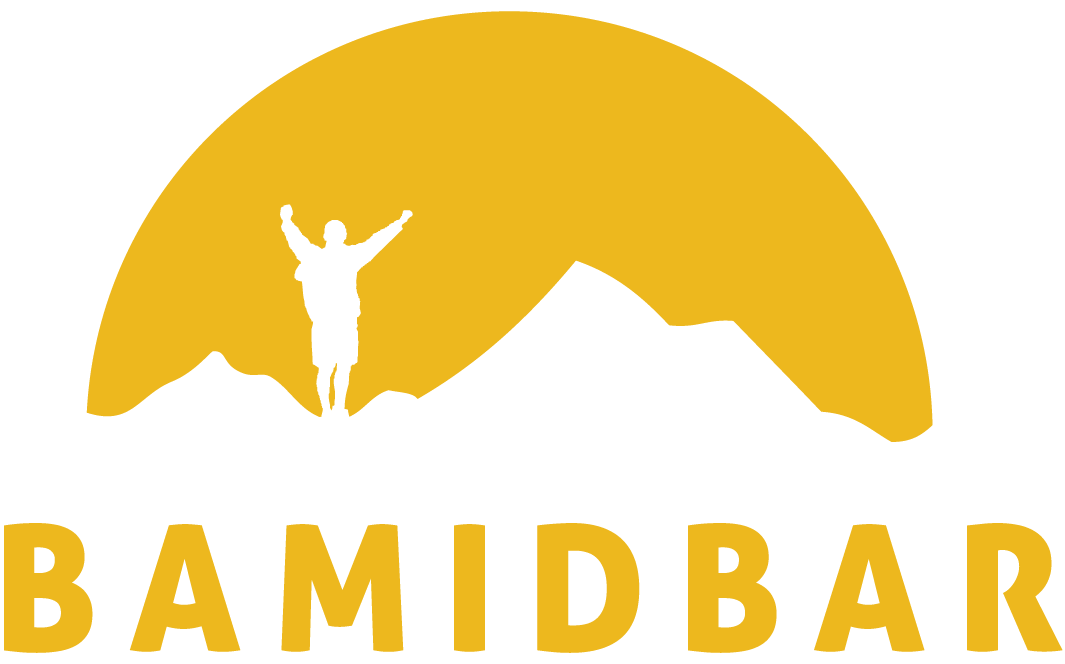Bamidbar Therapy
Jewish mental health & wellness
JEWISH TEENS AND YOUNG ADULTS ARE STRUGGLING WITH MENTAL HEALTH AT ALARMING RATES
BaMidbar empowers teens and young adults to find their voice and rediscover their capacity to persevere by providing services in three core areas:
therapy
services
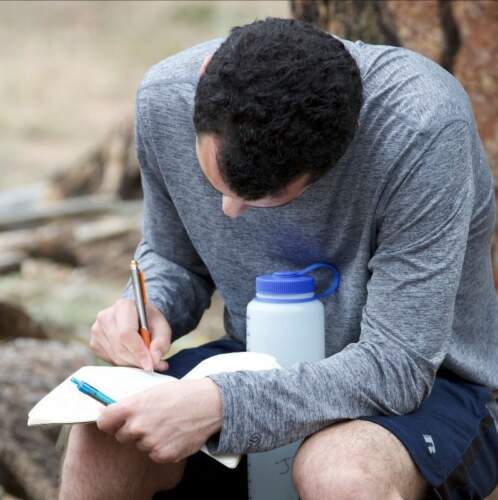
Adventure therapy is an experiential and activity-based approach to mental health treatment that uses evidence-based psychological frameworks.
Professional
Development
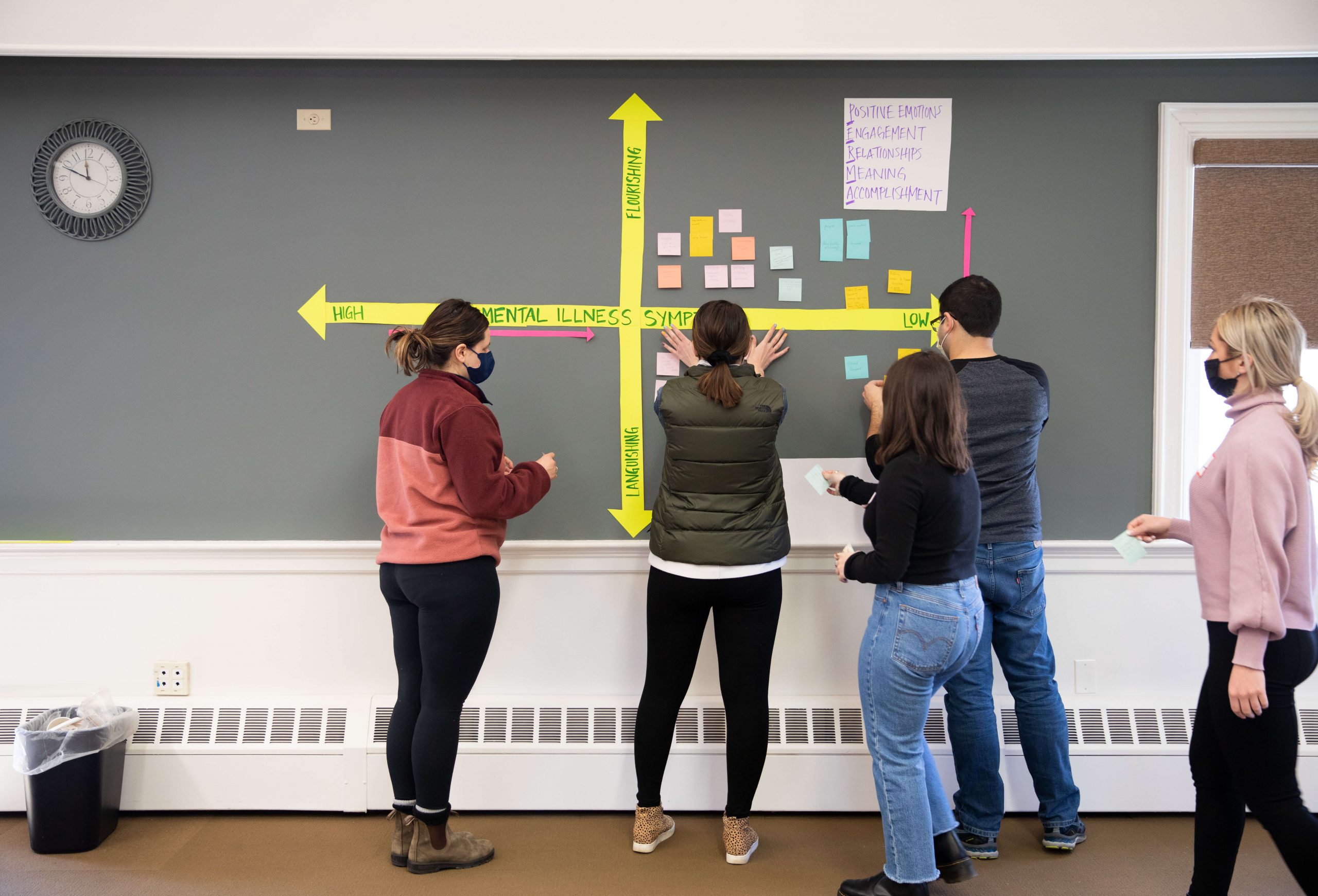
Professional Development programs focus on mental health literacy, experiential education, and Jewish learning through a wellness lens.
Community
Education
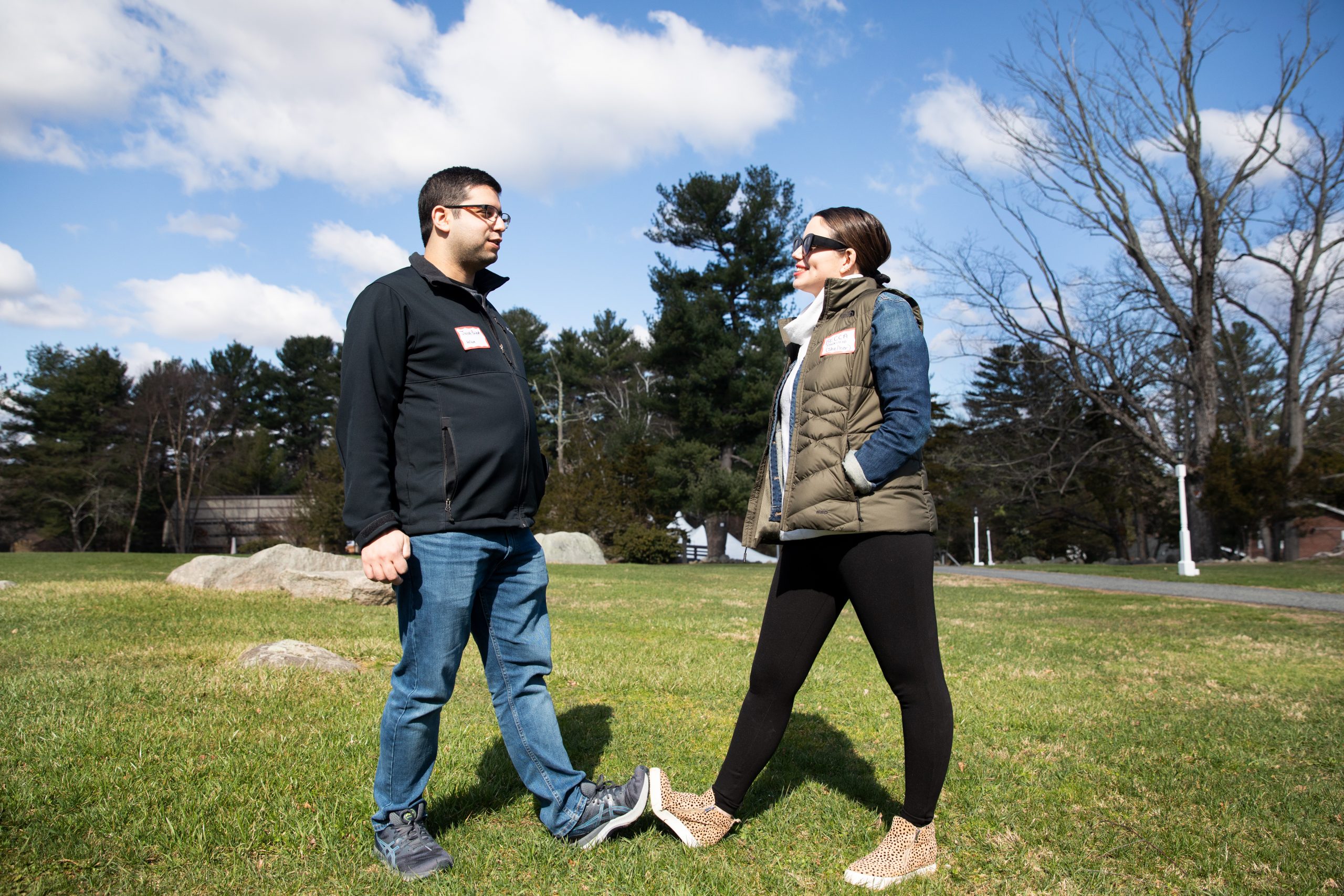
Community Education programs take a joyful, Jewish approach to mental health education for teens, young adults, caregivers, and the broader Jewish community.
2023 IMPACT STATISTICS
FEATURED NEWS AND UPDATES
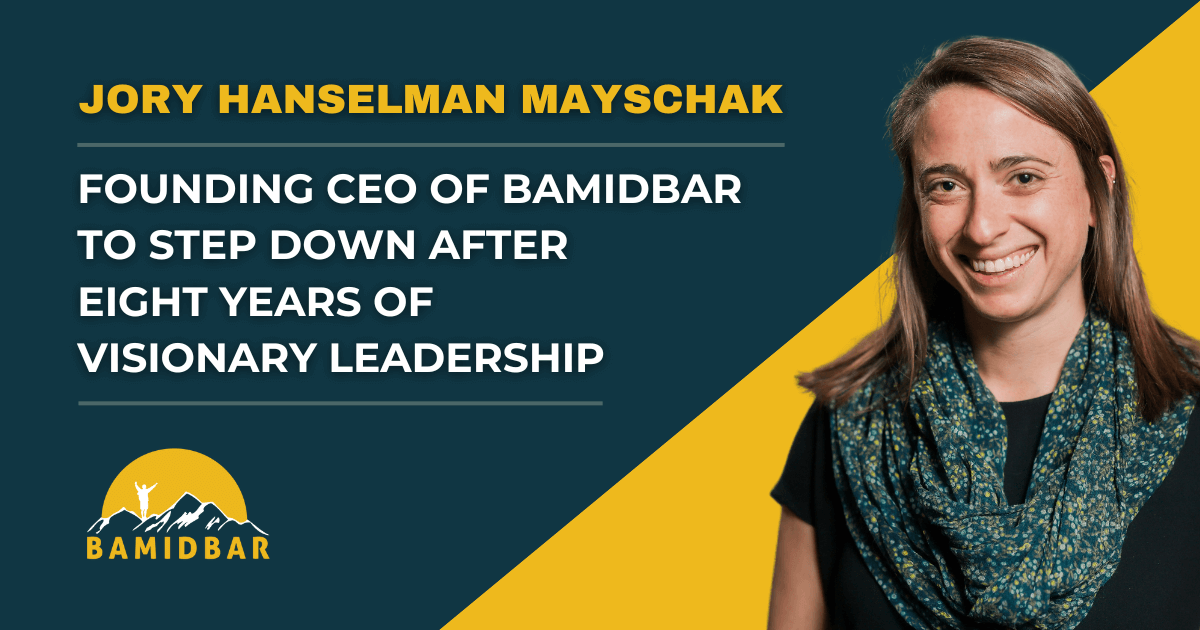
Jory Hanselman Mayschak To Step Down After 8 Years of Visionary Leadership
Denver, April 15, 2024: BaMidbar announced today that founding CEO, Jory Hanselman Mayschak, has decided to step down after eight years of leadership, effective July 1, 2024.
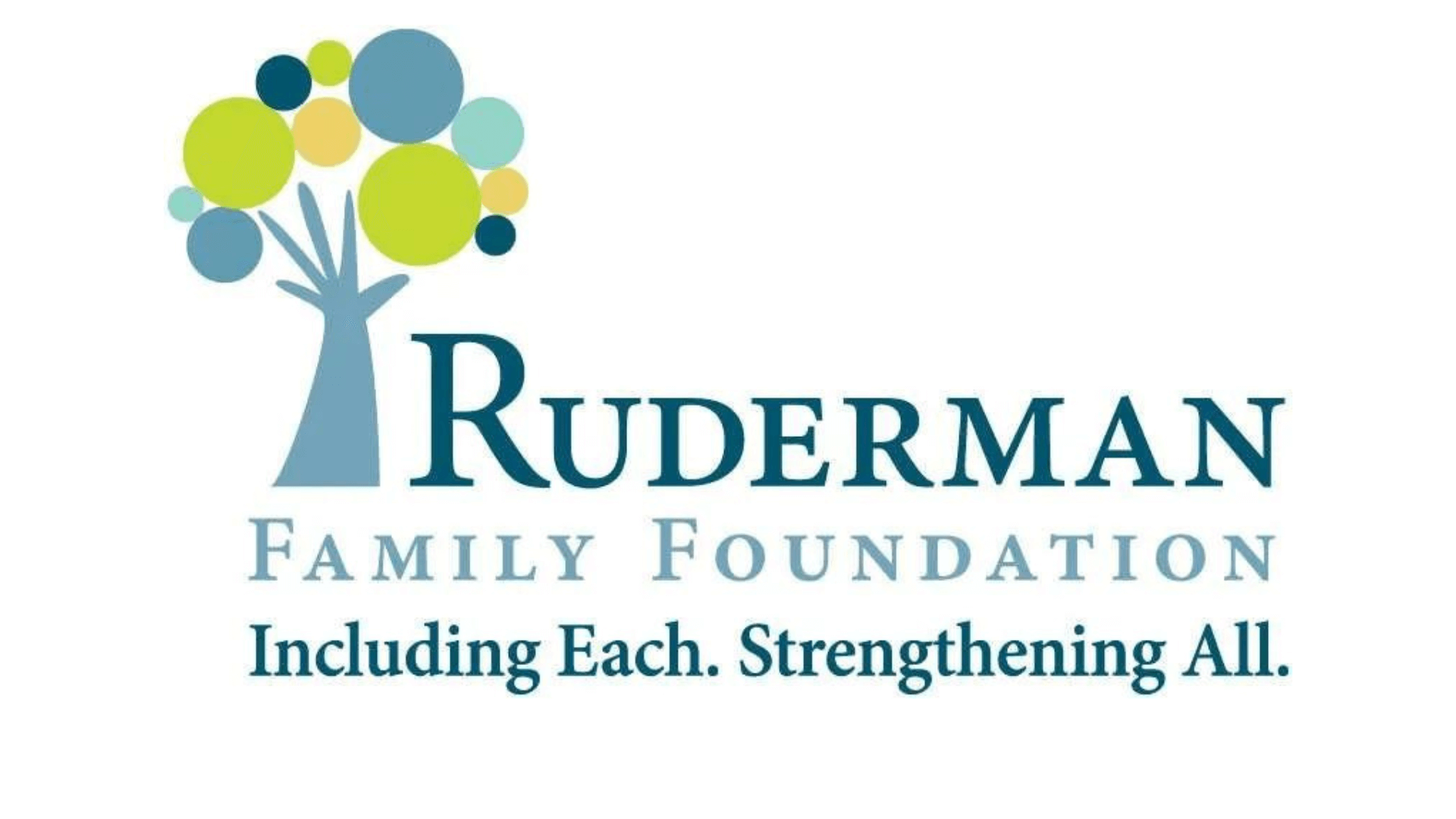
Ruderman Family Foundation Announces Multi-Year Support
(Jewish Journal) A newly announced $320,000 multi-year grant from the Ruderman Family Foundation will enable the BaMidbar organization to bring its unique mental health approach and adventure-based clinical therapy to Jewish teenagers and young adults in the Boston area.

What Purim Teaches Us About Mental Health
There are many customs on Purim, but I have been very focused on the tradition of dressing up, specifically around how this connects to identity. When we wear a costume, we hide one identity and present another. Over the past few months, I have been thinking about just this: how we decide which parts of our identity to hide and which to present to the outside world.
Why Bamidbar
BaMidbar was born from the Jewish camping movement.
It was founded on the power of experiential education and the belief that Jewish tradition provides tremendous opportunities for growth and self-discovery.
We combine the wisdom, strength, and support inherent in Jewish tradition, with a clinically sophisticated, evidence-based model.
By doing so, BaMidbar provides the framework for Jewish teens and young adults to navigate life’s challenges, find their voice and agency, and rediscover their capacity for a brighter tomorrow.
